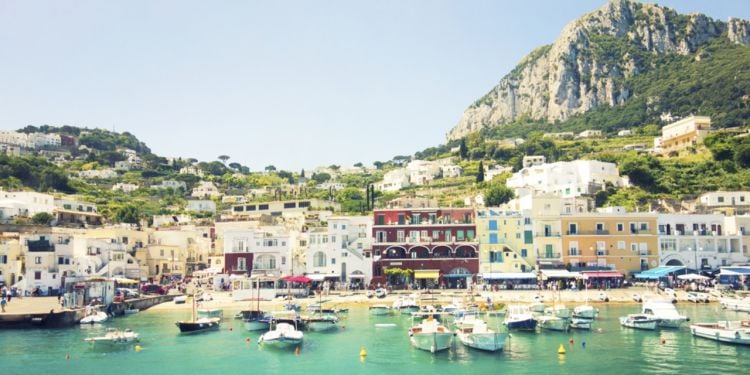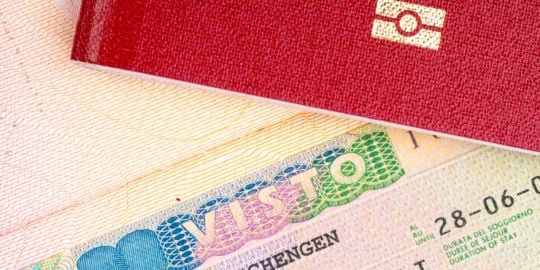Residence permits in Italy

If you have decided to relocate to Italy indefinitely, you will need to apply for a residence permit. This is separate from all other types of visa application.
Good to know:
There are many benefits to applying for a residence permit. There are numerous tax benefits, such as a reduced payment of 4% tax on the purchase of your home and other municipal tax reductions. You will also be able to enrol in the National Health Service, as well as services such as social protection, maternity leave, and parental leave.
Who needs to apply for a residence permit in Italy?
If you intend to stay in Italy for longer than ninety days, you need to apply for a residence permit, regardless of whether you are a EU citizen or not.
EU and EEA citizens are entitled to stay in Italy as long as they like, but you will need to inform the Questura (local police station) if you plan to stay longer than three months. In theory, if you are not staying in a hotel or holiday rental, and you have decided to rent or buy a house, you should apply for residency within 20 days of moving in. You will receive a Certificato di residenza.
If you are not as EU or EEA citizen, the same requirements apply. If you plan to stay in Italy for three months or less, the Entry Visa (visto d'ingresso) will suffice, but if you plan to stay for longer, you will need to apply for your permesso di soggiorno within eight days of arriving in Italy. You can do this at your local Questura.
Good to know:
Once you have your residency permit you will be able to travel to any other country belonging to the Schengen area for 90 days or less in a six month period.
How to apply for residency in Italy
You will need to provide:
- Your tax code
- Your passport and that of any other family member who wishes to become a resident in Italy. EU citizens can produce their national ID card. Remember to bring the original and photocopies
- A completed and signed residency application form
- A rental contract for your home or a certificate from the owner of the property stating that you live permanently with them
- The request form to exchange the driver's license or the registration certificate, if necessary
You can download these from your town hall website. You will also need to apply for a declaration of changed residence, for payment of the TARI tax which covers the cost of waste disposal in your municipality. For this, you will need to provide your codice fiscale (tax code), the size of your residence, and the date you started living there or the date that purchased it.
Timing
A residence permit from the Questura can take up to 60 days if you have a regular entry visa. Your municipality will grant you resident status within the next 60 days.
To be considered a resident you need to live in Italy for at least 6 months. If you intend to stay for less than this, the period will depend on your entry visa.
Important:
Your residence permit is not permanent ' you can legally remain in Italy only as long as your residence permit is valid. This is usually between two to five years.
Types of residency permit in Italy
There are three different types of residency permits. Note that new expats can only apply for the permesso di soggiorno, while EU citizens will receive a certificato di residenza.
- Permesso di Soggiorno (permit to stay) has an expiry date, but it can be renewed. It is only issued for up to the five years of residence in Italy.
- Permesso di Soggiorno per Soggiornanti di Lungo Periodo, S.L.P is issued for an indefinite period to people who have had a residence permit for more than five years in Italy, and who have a minimum income.
- Certificato di residenza (certificate of registration) is issued by the Anagrafe office of the local town hall, to EU citizens who intend to stay more than three months in the country. After 5 years, they can apply for permanent residence in Italy.
Useful links:
Italian Ministry of Foreign Affairs
Polizia di Stato, which includes further details around immigration
Portale Immigrazione









